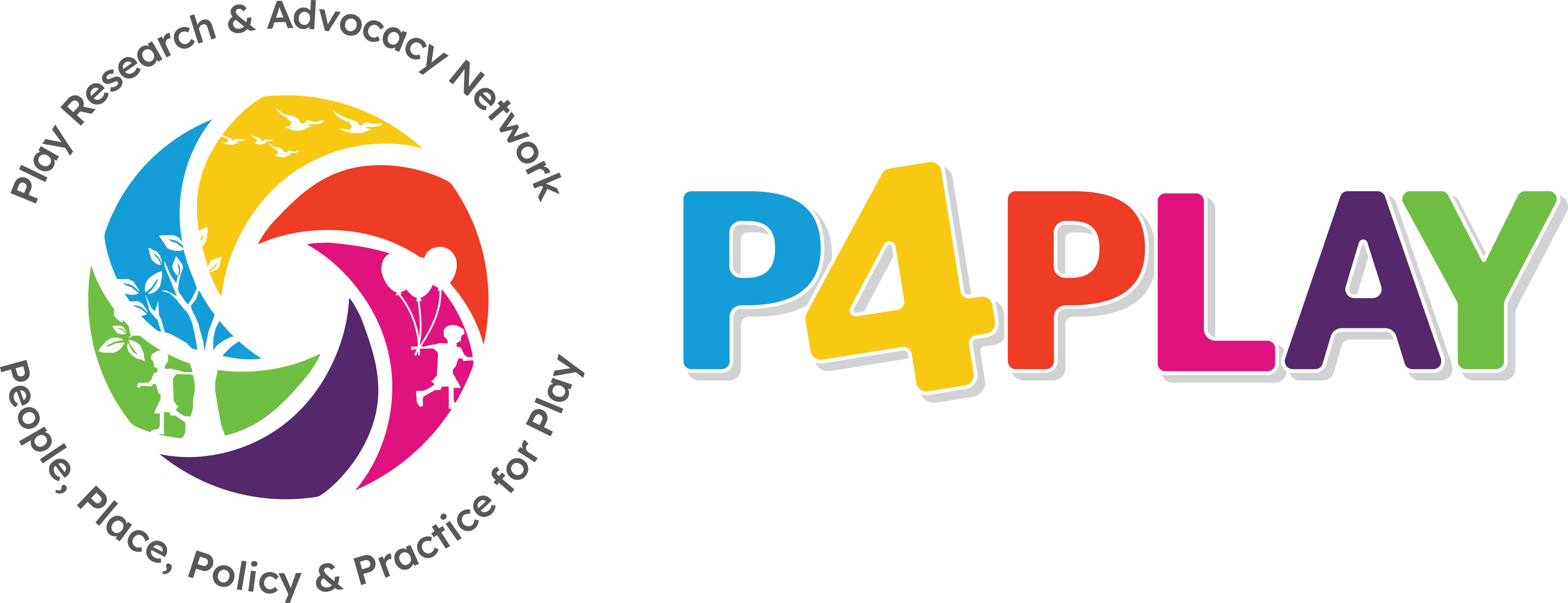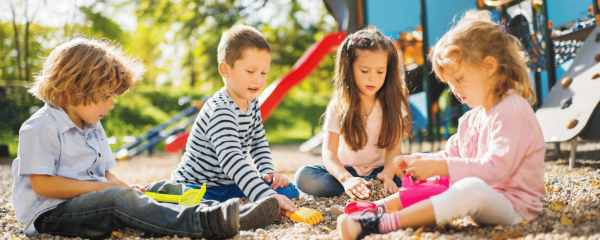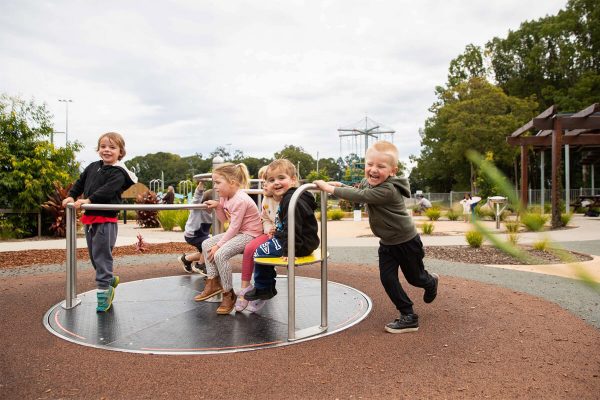Insight into the City

Read all the articles you want, but if you want to understand the social discourse of a city, just take a cab.
I just found my seat on the train in Kent Station in Cork, Ireland and I am on my way to Dublin. I find myself catching my breath beneath my mask after I nearly missed my departing train. I managed to get here just in time, not by luck but by the skill of my cab driver Colin. Colin was a genuinely nice gent who not only delivered me on time as he promised, but also provided me with an insight into an existing social discourse of gender in Cork.
Casual Cabbie Gab
This hasn’t been the first time that I have been asked by a cabbie what brought me to Cork. After all, my western New York accent tends to give me away immediately as an expat. I told him I am here working on my PhD. He asks me what my area of study is and I say play. I succinctly explain the P4Play project that I am taking part in and its roots in the United Nations Convention on the Rights of the Child , specifically, on the right of a child to play. I go on to mention that some of my cohort members study how the environment, socioeconomic status, or existing policy may impact children’s abilities to play. These tend to be subjects that not many can disagree with, perhaps less provocative in nature. As I have in the past on my cab rides, I briefly consider whether or not I risk the chance of “getting someone going” by telling them my area of study, a topic that there tends to be a rather polarized view on, gender.
Do I Dare?
I decide, just as I often do, to divulge my topic. I say, “I’m exploring how our views of gender may impact children’s access to certain types of play. Does the assumption that boys and girls have different play needs and wants keep them from engaging in all types of play?”. My topic is actually much more complex than this but this is the most digestible version of the topic, and I chose this approach.
Irish Disagreements
There is something interesting I have noticed about the Irish, at least in Cork. That is, they might not agree with you, and they want to tell you why, but they do it very respectfully. Coming from the United States, there is a bit more frustration and anger behind our “political” discussions, making it difficult to actually find out why the other person thinks what they think. Colin would end up providing me with a perspective that proves invaluable as I move forward in my work and try to understand this new culture I am in.
Colin’s Notion of Gender
After I stated that I am studying play from a gender perspective, Colin immediately said “ah yeah, I’m going to tell you what I think about that”. He went on to tell me about his children of varying ages, ranging from 10-20 years old, two boys and a girl. He mentioned that his youngest is in a school with both girls and boys. He made sure to preface his view by stating that he see’s boys and girls as equal and strongly believes that you “can’t have one without the other, both are important”.
And then he hesitates a moment and says, “but there are just some things boys do, and some things girls do”. He provides an interesting example by saying that he just doesn’t want to see a female refereeing a rugby match. “It isn’t that she isn’t completely capable” he explains, “It just shouldn’t be done”. What he is saying is that it’s not that a woman couldn’t do it, he emphasizes that she shouldn’t do it. And this is the perfect example of a discourse. It’s a notion, idea, or “truth” that has been decided in a culture. Decided and exemplified repeatedly, again and again, until it is accepted as natural, normal, or appropriate. And those who function outside of the norm are deemed abnormal or deviant in some way.
It Just Isn’t…Ya know?
After what was my attempt at a neutral reaction, intending to prompt more information, he interestingly shifted to the topic of gender expression. He noted that he didn’t believe in “this gender-neutral thing”. He explained that we are born a certain way and it’s just not possible to be something that you weren’t born as. I took the opportunity to chime in and say, “yea, I think this is the part that gets really hard for people to understand, this is confusing”.
He said, “no it’s really not confusing. You can’t change how you’re born”.
I explained that there is often a misunderstanding of what gender is, and that it is actually the feminine and masculine traits that we associate with what is often referred to as biological sex (although there is not a binary biological sex either, but that’s much too complex to get into here). I explained that how I “do being a woman” may be different than someone else (my clothes, hair, makeup etc.) and I don’t think of myself as any less a woman. Colin completely agreed, that doesn’t make me less a woman. Colin didn’t push back but instead softly said, “yeah but still, I just can’t do it. It just isn’t… it just isn’t. Ya know?”.
I gave him a half smile and said, “I know, it’s hard for people to understand it”. I had arrived at my destination three minutes earlier than promised. Colin gave me helpful advice on where the ticket machine was and told me how to get on the train. We said our goodbyes and I entered the train station.
This is Why the Research Matters
This is why my work is important, because these ideas of what women and men “should” be or do often isn’t based on anything other than an “it just is” feeling. And these notions infiltrate the world that children are engulfed in, and this influences the options provided to them. It instills in them the same ideas that Colin holds, which he admittedly doesn’t even know why he holds them, he just knows. I might suggest that people have these preconceived notions because even from a very young age people are taught what they should and shouldn’t do as boys and girls. But more importantly these social rules get twisted and interpreted by children as not what they should do but what they can do. They may adjust their notions of their own capabilities based on what they have observed or been taught, unknowingly limiting themselves.
Research investigating the ways in which children’s occupations impact their understanding of gender and where these ideas come from, will inform the ways in which we construct everything around us, from policy and environments to toys and entertainment. We must create spaces that allow children to play a role in their own construction of who they are and who they want to be. The first step of this is understanding the perspective of children and amplifying their voices. This is what I hope my research will do.
****
This blog was written by Allison Mula, Phd Candidate. Allison is an Early Stage Researcher with the P4PLAY Marie Skłodowska-Curie Innovative Training Network.



